Oh, the USA — the land of the free and the most expensive healthcare system in the world. With an ambulance ride costing about $1,300 or a single cough drop going for $10, it's easy to see why.

Most of the time, insurance is there to help cover the cost. But for the uninsured, unpaid medical bills can feel like a living nightmare!
While it may be tempting to avoid medical care, there are ways you can pay off your medical bills, even without insurance.
1. Check for Errors
When you receive your medical bills, the first thing you should do is check for errors! Maybe the hospital charged double or added a service you never received.
You'd be surprised how quickly your total can change if an error is caught!
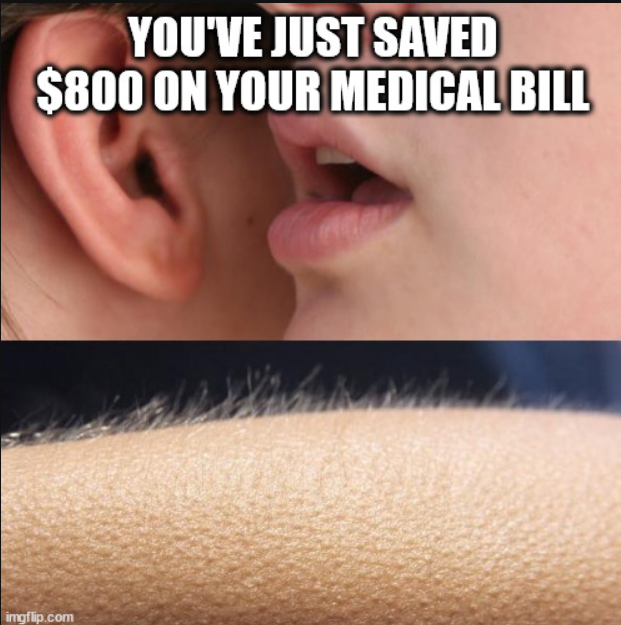
2. Request Financial Assistance
Just because your medical bills are high, there's no need to panic! See if you qualify for financial assistance programs, sometimes called "charity care". These programs can provide free or discounted care for those who need help covering medical bills.
 Photo by Alexander Mils on Unsplash
Photo by Alexander Mils on UnsplashTo apply for financial assistance...
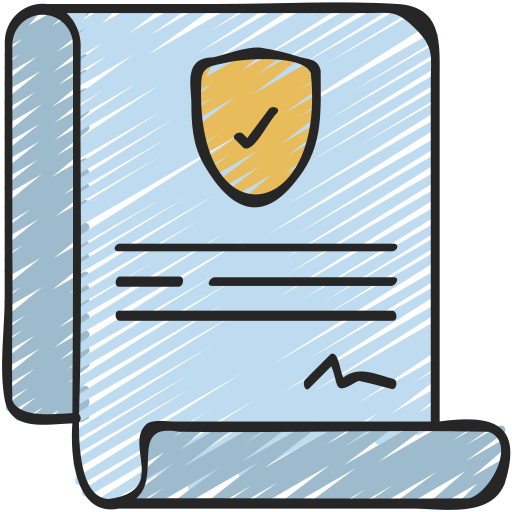
1. Get a copy of the hospital financial assistance policy.
Hospitals are required by law to provide a free copy of their assistance policy — especially if they're a non-profit hospital, as they must provide assistance to those who qualify.
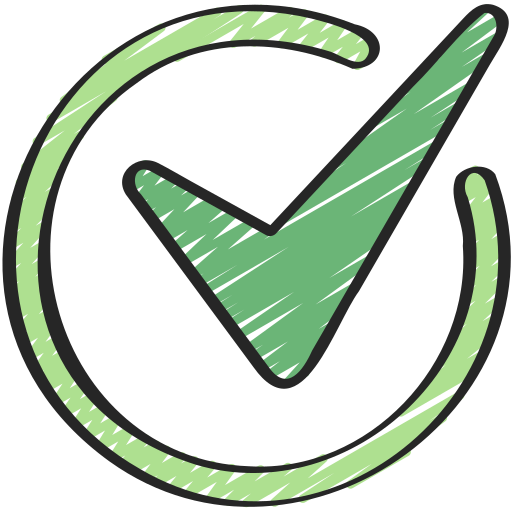
2. Check if you meet the eligibility requirements.
If deemed ineligible, contact 211, a free service that connects you with various resources. They can help you find another program or you can search online for alternative programs.
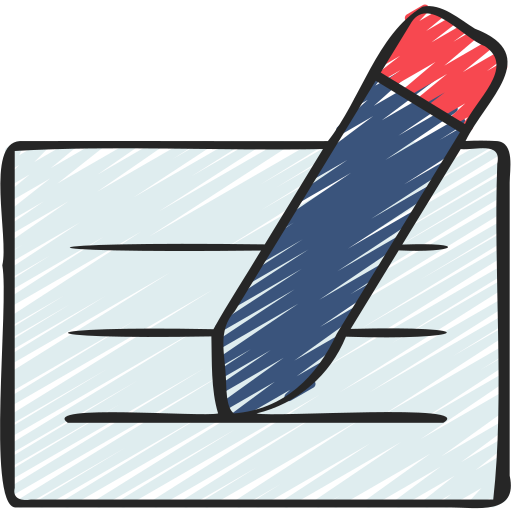
3. Fill out the application.
Be prepared to provide info on taxes, pay stubs, and current expenses such as rent, mortgage, utilities, etc.

4. Follow up.
Make sure to reach out and check on the status of your application.
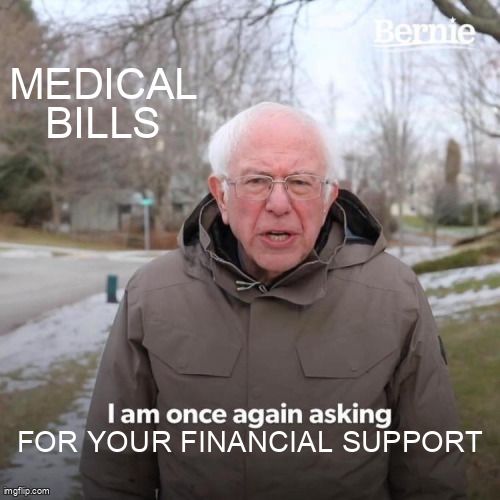
3. Negotiate!
After checking for errors on your medical bills, see if you can negotiate a lower price for your unpaid medical bills.

Doctors want to see you stable, healthy, and thriving — but they also need to be paid. The good news? Many hospitals are willing to work with you if you ask and explain your financial situation.
Negotiation Tips
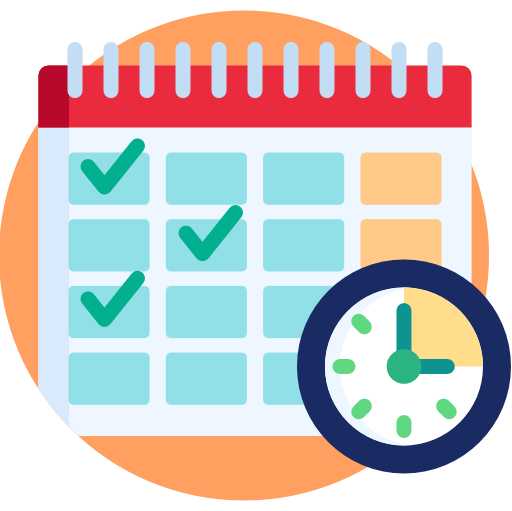
Start early! Don't wait till your medical bills are past due. Billing departments are more likely to work with you if you reach out sooner rather than later.
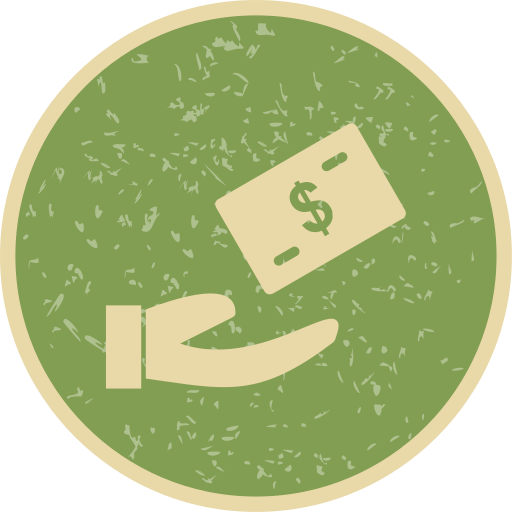
Ask about a settlement amount. If you have some cash on hand, see how much it'll take to close the account with a lump payment. (Often it could be 30-50% less.) Before mentioning your financial hardships, find out what they're willing to offer first. If you don't like the first offer, try calling on a different day.
Research the "Fair Market Price". This tells you the amount that doctors in your area typically charge for the same services. If your unpaid medical bills are higher, ask if the doctor can adjust them based on market rates.
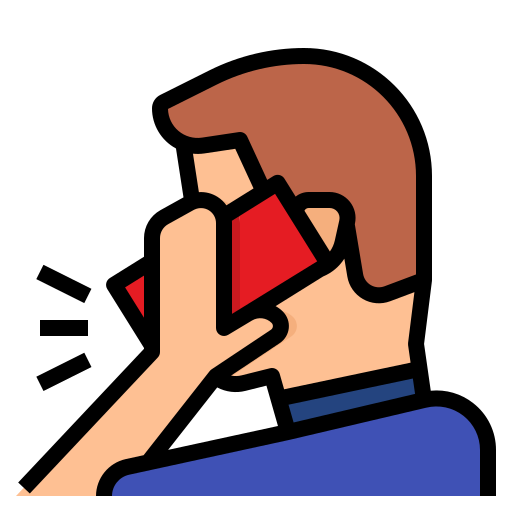
Explain your financial hardship. Either call or provide a letter outlining your current financial situation. Include supporting documents like tax returns, pay stubs, bank statements, loan details, and proof of other financial obligations.

Get help from family, friends, and patient advocates. Negotiating medical bills can be exhausting. If someone is authorized to discuss your medical needs, they can negotiate on your behalf.
4. Set Up a Payment Plan
Are your unpaid medical bills still too high? A payment plan can help!
 Photo by Constantin Wenning on Unsplash
Photo by Constantin Wenning on UnsplashA payment plan allows you to break down your medical bills into manageable monthly installments instead of paying the full amount upfront.
When setting up a payment plan:
Choose an amount you can easily afford.
Negotiate a lower payment. There's no standard minimum for medical bill payments.
Opt for the lowest minimum payment (if possible.) Even if you can afford more, you can always pay extra when you're able.
Be strategic when setting up payment dates. Try to set the due date after payday.
Check if it's interest-free. Some hospitals offer no-interest payment options.
Adjust if needed. If your current payment plan isn't working reach out.
5. Use Health Accounts to Cover Your Medical Costs
Once you determine how much you owe, check with your employer if you can use a Health Reimbursement Arrangement (HRA) or a Flexible Spending Account (FSA) to help cover the cost of your medical bills.
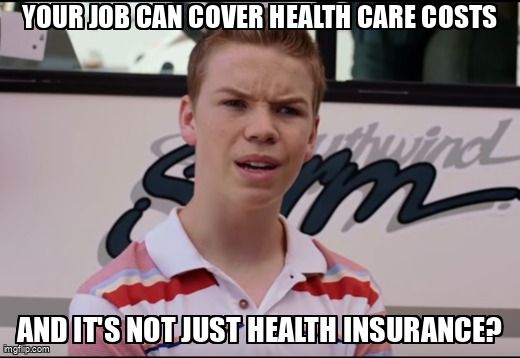
What's the Difference?
Health Reimbursement Arrangement (HRA): Some employers offer HRAs to help cover medical expenses. Under this arrangement, your employer reimburses you tax-free for qualifying healthcare costs.
Flexible Spending Account (FSA): Some employers offer FSAs to help employees cover qualifying healthcare costs by allowing them to use their pre-tax dollars. For these accounts, you contribute via payroll deductions, and your employer may also contribute, too.
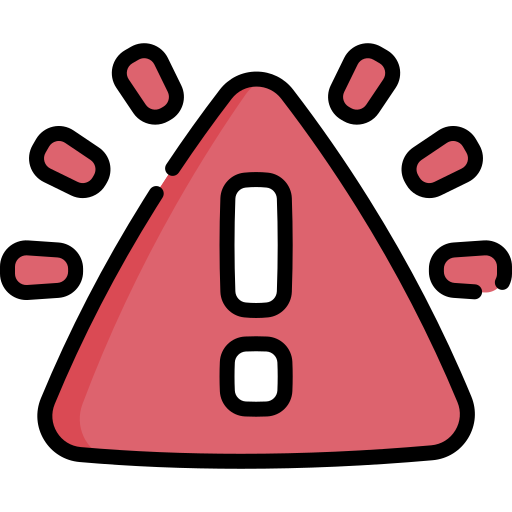 Since HRA's and FSA's are "employer owned", you'll lose access to the funds if you leave, get laid off, or are terminated from your job.
Since HRA's and FSA's are "employer owned", you'll lose access to the funds if you leave, get laid off, or are terminated from your job.
6. Apply for Medical Credit Cards & Loans
When all else fails, if you're still struggling with medical bills despite exploring other options, you may want to consider getting a medical credit card or loan.


Medical Credit Cards
They're similar to regular credit cards with a few key differences:
They can only be used for medical-related expenses.
They often offer a deferred interest rate, meaning if you pay off the balance before the promotional period ends, you owe 0% interest. However, if you don’t, you’ll be charged all accrued interest from the deferred period.
Typically, a medical provider or staff member enrolls you after a credit check.
Late or missed payments result in higher interest rates, fees, and a lower credit score.
Medical Loans
Medical loans are essentially a personal loan used to cover healthcare costs:
The loan amount can range from $1,000 to $200,000.
They don't have deferred interest, so you'll start accruing interest immediately.
Missed or late payments will lead to higher interest rates, fees, and negative credit scores.
Due to the risk of increasing debt, medical loans should only be considered after exploring every option — this includes medical credit cards.

While getting a credit card or loan seems like the easiest solution, it also comes with high costs if you can't pay them off quickly. Try out all other options before turning to these options for your unpaid medical bills.
Quiz
Jean is on a payment plan but can’t afford payments after being laid off and losing her spouse. In the past, she was denied financial assistance and struggled to negotiate. What are her best options? Select all that apply:
Take Action
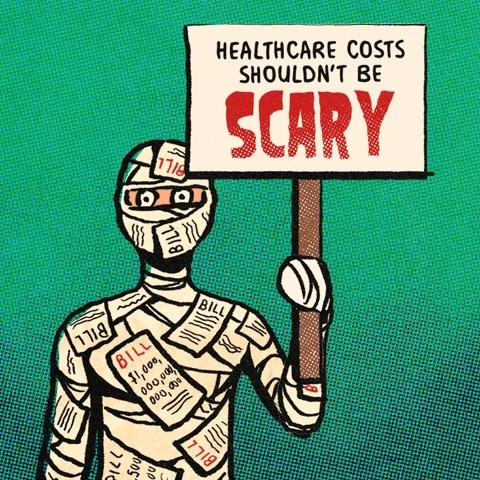
To get help with your medical bills:
Your feedback matters to us.
This Byte helped me better understand the topic.

